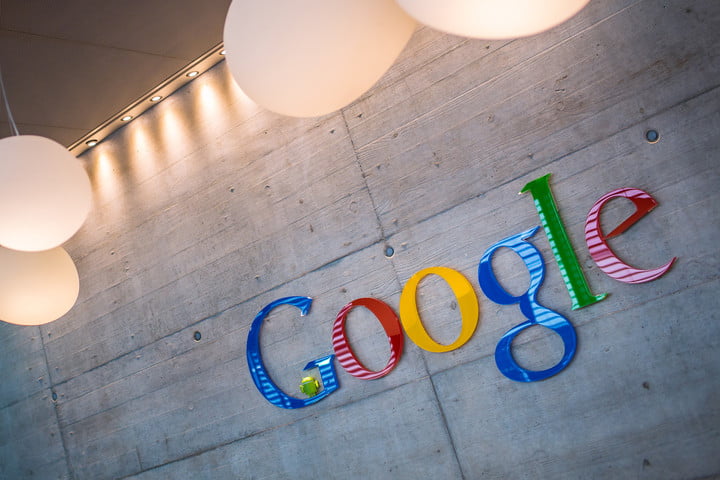- Brings flagship programme on child’s online safety to Nigeria
By Omobayo Azeez
Global digital technology giant, Google, has announced a $1 million pan-African grant earmarked for supporting innovative initiatives around privacy, trust and the safety of families online across sub-Saharan Africa.
This announcement was made on Tuesday in Abuja in commemoration of 2020 World’s Safer Internet Day where Google also launched officially its global flagship programme on the Internet safety of children tagged Be Internet Awesome.
Mojolaoluwa Aderemi-Makinde, head of brand & reputation at Google Africa said the $1 million fund will look to support initiatives across SSA and be administered by a trusted partner, hinting also that details of how to apply, deadlines and criteria will be made available in due course.
“Google is committed to a safe internet for children, as well as the empowerment of organisations who share this commitment. The fund will be administered by a third-party partner on behalf of Google.org, and we will be sharing details on application criteria and deadlines soon.”
Aderemi-Makinde said as Be Internet Awesome, its landmark child online safety programme berth in the Netherlands, Nigeria, South Africa today and Kenya, it seeks to help minors explore the internet safely and confidently in these country countries without falling victims.
“We are excited to strengthen the work we have been doing with parents and children in the field of online safety in Nigeria.
“In addition to Family Link, which allows parents to help their families develop healthy digital habits, we also launched Password Checkup exactly one year ago to empower users to check and strengthen online security settings for their Google Accounts,” Aderemi-Makinde added.
Be Internet Awesome teaches kids important skills for surfing the internet, such as how to recognise potential online scams, using the internet securely and safeguarding valuable information, how to identify and refrain from cyberbullying, as well as what to do when encountering questionable content on the internet.
According to Seember Nyager, policy and government relations manager, Google Nigeria, beyond its own products, Google also want to help kids learn how to be safer, more confident explorers of the online world.
“Today, we joined with the Public and Private Development Centre (PPDC) and the National Orientation Agency (NOA) to hold Safer Internet Day (SID) events in 36 states towards empowering teachers, parents and younger children to better understand and navigate the Web with confidence,” she said.
Meanwhile, Garba Abari, the Director General of the NOA, said SID provides a great opportunity to promote internet safety across a range of audiences and is an event which is strongly supported by the government agency.
Represented by Mette Edokobi, director, special duties, state operations, Abari said “We are really glad to be collaborating with Google and our reliable partners, PPDC, to launch “The Digital Parenting Initiative” a program aimed at educating guardians, teachers and families on online tools that bring families together to learn, have fun and be safe online.”
Abari charged parents to upgrade their digital awareness so that they can be able to guide their wards to be safe as well as responsible in the cyber space.
According to the world economic forum (WEF) report, more than 50 per cent of the world’s children experience violence every year and the increasing internet usage in Africa, particularly access to mobile phones, has led to an increase in democratic participation and the expansion of opinion expressed in the public domain.
“Children are more than 30 per cent of Internet users. By 2022, another 1.2 billion new users will have been added to this figure, with children being the fastest-growing online demographic,” the WEF report states.
The Safer Internet Day is celebrated globally in February each year to promote the safe and positive use of digital technology for children and young people and inspire a national conversation.








